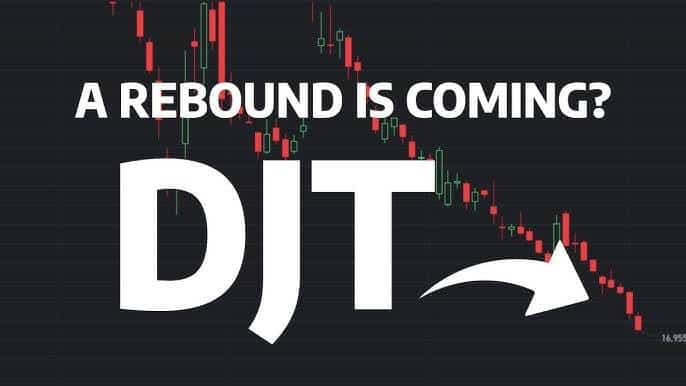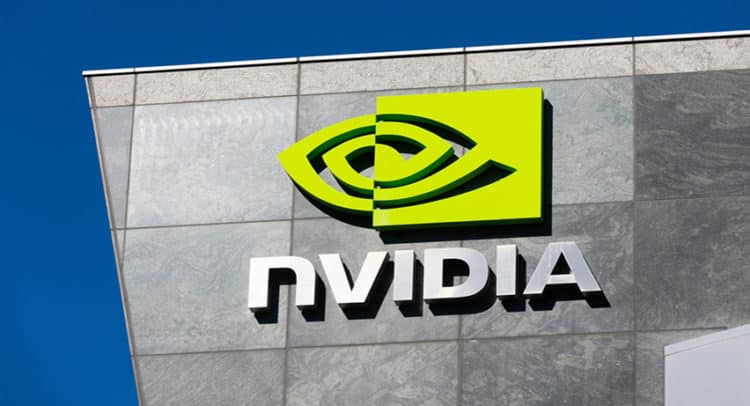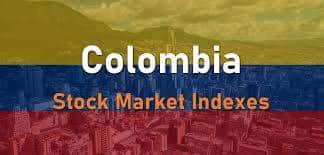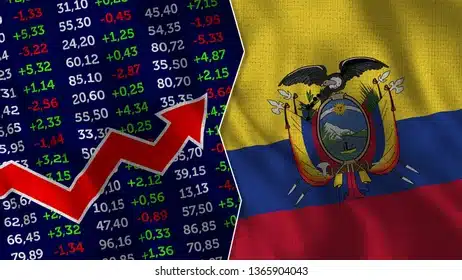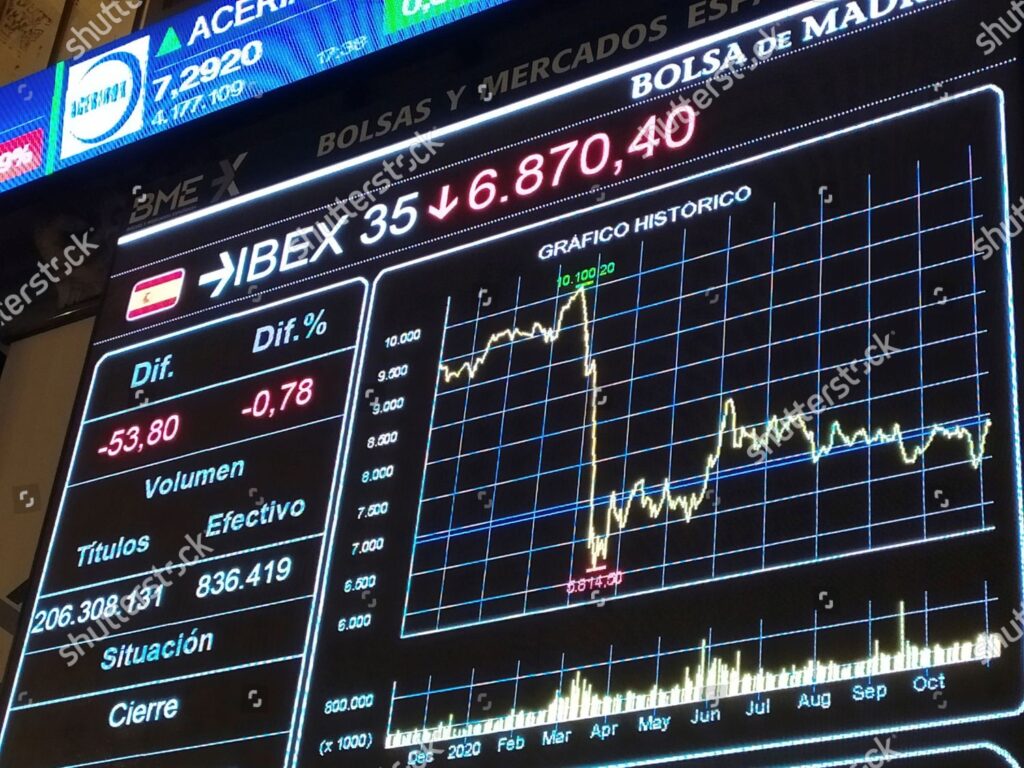PNGX Trading: How to Buy and Sell Stocks in Papua New Guinea
Investing in the PNGX is accessible to both domestic and international investors. To buy and sell stocks on the PNGX, you will need to open a brokerage account with a licensed stock broker in Papua New Guinea. These brokers are registered with the Securities Commission and are responsible for executing trades on behalf of their clients. The PNGX operates from 10:00 AM to 2:00 PM local time, Monday to Friday, and offers a range of trading mechanisms, including continuous trading and call auctions.
Listed Companies on the PNGX: Overview and Analysis
The PNGX currently has over 20 listed companies, spanning various sectors of the Papua New Guinea economy, including financial services, energy, mining, agriculture, and telecommunications. These companies represent a diverse range of investment opportunities, each with its own unique growth prospects and risk profiles. It is essential for investors to thoroughly research and analyze the financial performance, management, and growth strategies of these listed companies to make informed investment decisions.
Top Stock Index in Papua New Guinea
The PNGX All Ordinaries Index is the benchmark index for the Papua New Guinea stock market, tracking the performance of the largest and most liquid companies listed on the exchange. This index serves as a barometer for the overall health and performance of the Papua New Guinea stock market, providing investors with a valuable tool for monitoring market trends and making investment decisions.
Economic Growth in Papua New Guinea: Impact on the Stock Market
Papua New Guinea’s economy has experienced steady growth in recent years, driven by the country’s abundant natural resources, infrastructure development, and ongoing economic reforms. This economic growth has had a positive impact on the PNGX, with the stock market reflecting the country’s overall economic performance. As Papua New Guinea continues to develop and diversify its economy, the PNGX is expected to offer increasing investment opportunities for both domestic and international investors.
Investment Opportunities in the Papua New Guinea Stock Market
The Papua New Guinea stock market presents a range of investment opportunities for investors seeking exposure to the country’s economic growth. Some of the key investment opportunities include:
- Exposure to the Extractive Industries: Papua New Guinea’s rich natural resources, including oil, gas, and minerals, make the country an attractive destination for investment in the extractive industries. Companies like Oil Search and Newcrest Mining offer investors the chance to participate in the growth of these sectors.
- Diversification into Financial Services: The development of the financial services sector in Papua New Guinea, represented by companies like Kina Securities, provides investors with the opportunity to diversify their portfolios and benefit from the growth of the country’s banking, wealth management, and insurance industries.
- Participation in Infrastructure Development: As Papua New Guinea invests in infrastructure projects, such as roads, ports, and telecommunications, companies involved in these sectors may present attractive investment opportunities.
- Exposure to the Agricultural Sector: Papua New Guinea’s fertile land and tropical climate make the country a significant producer of agricultural commodities, such as coffee, cocoa, and palm oil, offering investment opportunities in this sector.
The PNGX provides comprehensive market data and analysis, allowing investors to track share prices, trading volumes, and market trends. This information is essential for making informed investment decisions and monitoring the performance of the Papua New Guinea stock market. Investors can access real-time market data, historical price information, and market indices through the PNGX website and various financial data providers.
Securities Regulation in Papua New Guinea: Ensuring Investor Protection
The Papua New Guinea securities market is regulated by the Securities Commission of Papua New Guinea, which is responsible for overseeing the activities of the PNGX and ensuring the protection of investors. The Securities Act of 1997 and its accompanying regulations provide a legal framework for the operation of the stock market, including requirements for disclosure, market manipulation, and insider trading. Investors in the Papua New Guinea stock market can take comfort in the regulatory environment, which aims to promote transparency and fairness in the market.
Choosing a Stock Broker in Papua New Guinea: Tips and Considerations
When investing in the Papua New Guinea stock market, it is essential to select a reputable and licensed stock broker. Some key factors to consider when choosing a stock broker in Papua New Guinea include:
- Licensing and Regulation: Ensure that the broker is registered with the Securities Commission of Papua New Guinea and adheres to the country’s securities regulations.
- Fees and Commissions: Understand the broker’s fee structure, including trading commissions, account maintenance fees, and any other charges that may apply.
- Trading Platform and Technology: Evaluate the broker’s trading platform, its ease of use, and the availability of research and analysis tools.
- Customer Service and Support: Consider the broker’s responsiveness and the quality of their customer service, as this can be crucial when navigating the Papua New Guinea stock market.
- Reputation and Track Record: Research the broker’s reputation in the market, their experience, and the feedback from other investors.
Initial Public Offerings (IPOs) in Papua New Guinea: How to Participate
The Papua New Guinea stock market also offers opportunities for investors to participate in Initial Public Offerings (IPOs). IPOs provide investors with the chance to invest in companies during their early stages of growth, potentially offering higher returns. To participate in an IPO in Papua New Guinea, investors will need to work with a licensed stock broker who can guide them through the application and subscription process.
Investing in Papua New Guinea: Foreign Investment and Opportunities
The Papua New Guinea stock market is open to foreign investors, providing access to the country’s economic growth and investment opportunities. However, it is essential for international investors to understand the regulatory environment, currency exchange controls, and any restrictions or requirements for foreign investment. Consulting with local financial advisors and legal professionals can help navigate the complexities of investing in the Papua New Guinea stock market as a foreign investor.
Analyzing Stocks in Papua New Guinea: Techniques and Tools
Successful investing in the Papua New Guinea stock market requires a thorough analysis of the listed companies and their financial performance. Investors can utilize various techniques and tools, such as financial statement analysis, valuation methods, and industry research, to assess the growth potential and risk profiles of the companies traded on the PNGX. Additionally, accessing market data, economic indicators, and industry reports can provide valuable insights to support investment decision-making.
Papua New Guinea Investment Funds: Diversifying Your Portfolio
For investors seeking a more diversified approach to the Papua New Guinea stock market, investment funds can be an attractive option. These funds, managed by professional asset managers, provide exposure to a portfolio of PNGX-listed companies, allowing investors to benefit from the overall performance of the market while mitigating individual stock risks. Investment funds can be a convenient way for both domestic and international investors to gain exposure to the Papua New Guinea stock market.
The PNGX Index: Understanding the Benchmark for the Market
The PNGX All Ordinaries Index is the benchmark index for the Papua New Guinea stock market, tracking the performance of the largest and most liquid companies listed on the exchange. This index serves as a valuable tool for investors to gauge the overall health and trends of the Papua New Guinea stock market. By monitoring the PNGX All Ordinaries Index, investors can stay informed about the market’s performance and make more informed investment decisions.
Unlocking the Potential of the Papua New Guinea Stock Market
The Papua New Guinea stock market, represented by the PNGX, offers a unique and compelling investment opportunity for those seeking exposure to the country’s economic growth and development. With a diverse range of listed companies, a robust regulatory environment, and a growing investor base, the PNGX presents a promising destination for both domestic and international investors. By understanding the market’s dynamics, regulatory framework, and investment opportunities, you can unlock the potential of the Papua New Guinea stock market and position your portfolio for long-term success.














